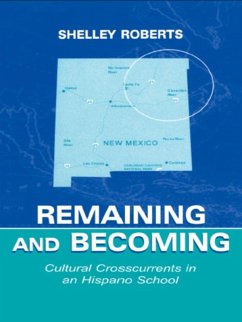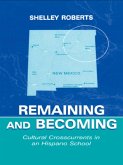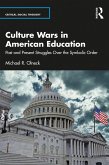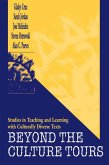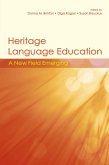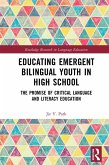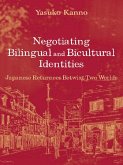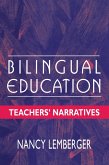This study is an analysis of the ambiguity of education, the losses and gains that are its consequences, the lingering doubts about the past, and the questions about what future education can and should serve. It is about asking: Is what the students are learning worth as much as what they are forgetting? How does schooling affect the evolving process of asserting, renegotiating, and defending an Hispano identity? By exploring historical factors and ideologies of a particular school within a particular community, Roberts seeks to understand community expectations for the school as a fitting place for its children. The goal is not to generalize from the particular to the universal, but to join others in suggesting that we move away from discussing students in a generic sense and focus instead on looking at them in relation to the community in which they live.
The fascinating and largely unknown story this book tells will be of interest to educators, researchers, and students across a range of fields, including sociology of education, educational anthropology, multicultural education, ethnic studies, Chicano studies, and qualitative research in education.
Dieser Download kann aus rechtlichen Gründen nur mit Rechnungsadresse in A, B, BG, CY, CZ, D, DK, EW, E, FIN, F, GR, HR, H, IRL, I, LT, L, LR, M, NL, PL, P, R, S, SLO, SK ausgeliefert werden.
Anthropology & Education Quarterly
"A beautiful piece of work....It is particularly relevant today, in light of the rapid changes areas like Norteño are experiencing....The Norteño story illustrates the discrepancy between the speed of change and human ability to adapt to it....Roberts takes a panoramic view of a community in transition that is unusual in the field....This method provides a highly textured narrative that approaches lived experience....Although the book centers on just one community, it reminds me of Heath's Ways With Words in its even-handedness and generous descriptions of the actors in the story."
Ursula Casanova
Arizona State University

